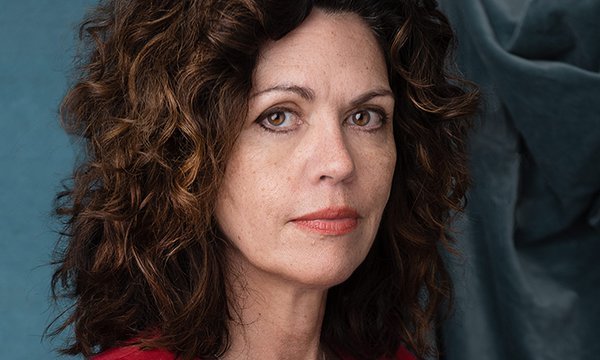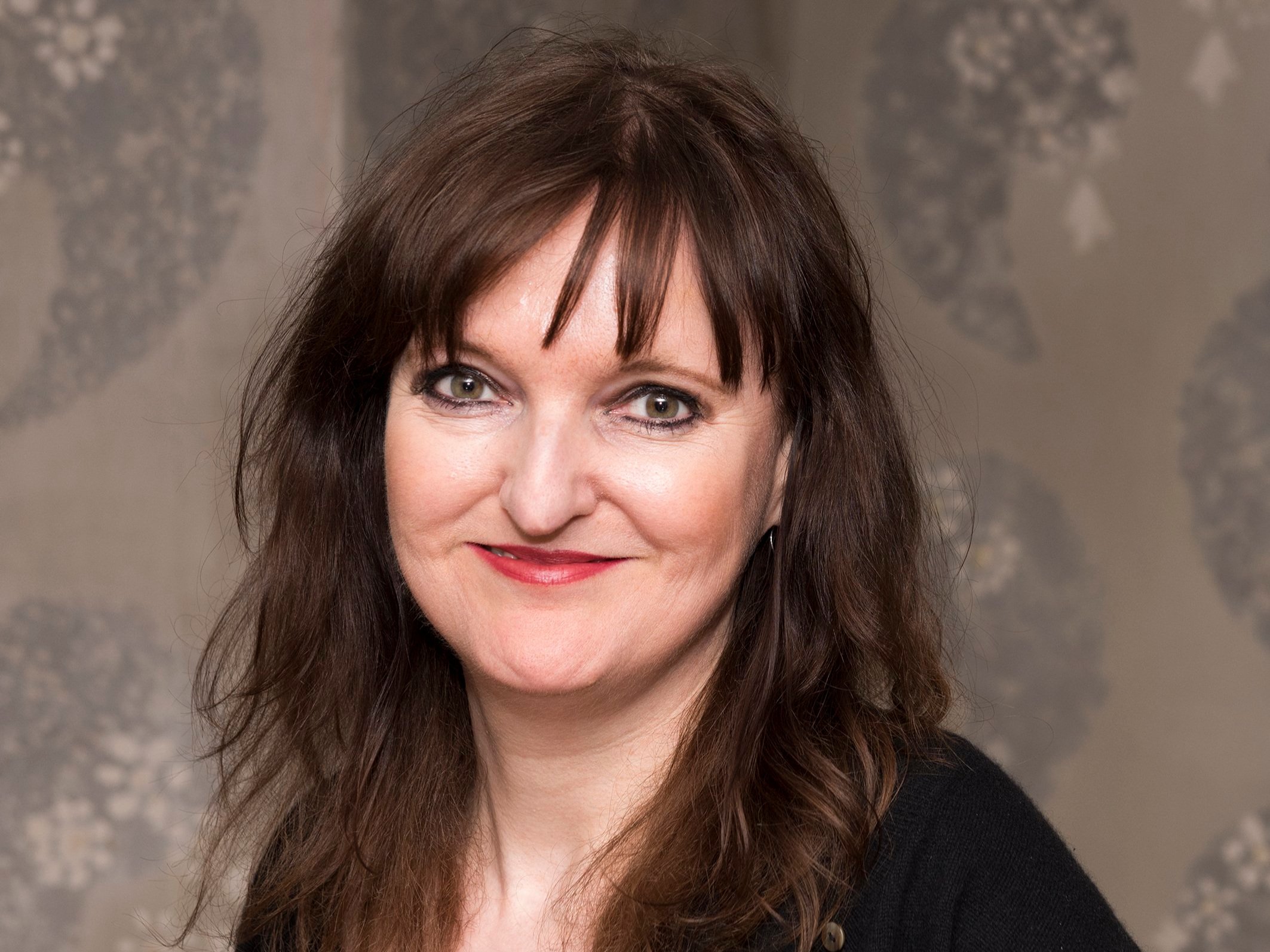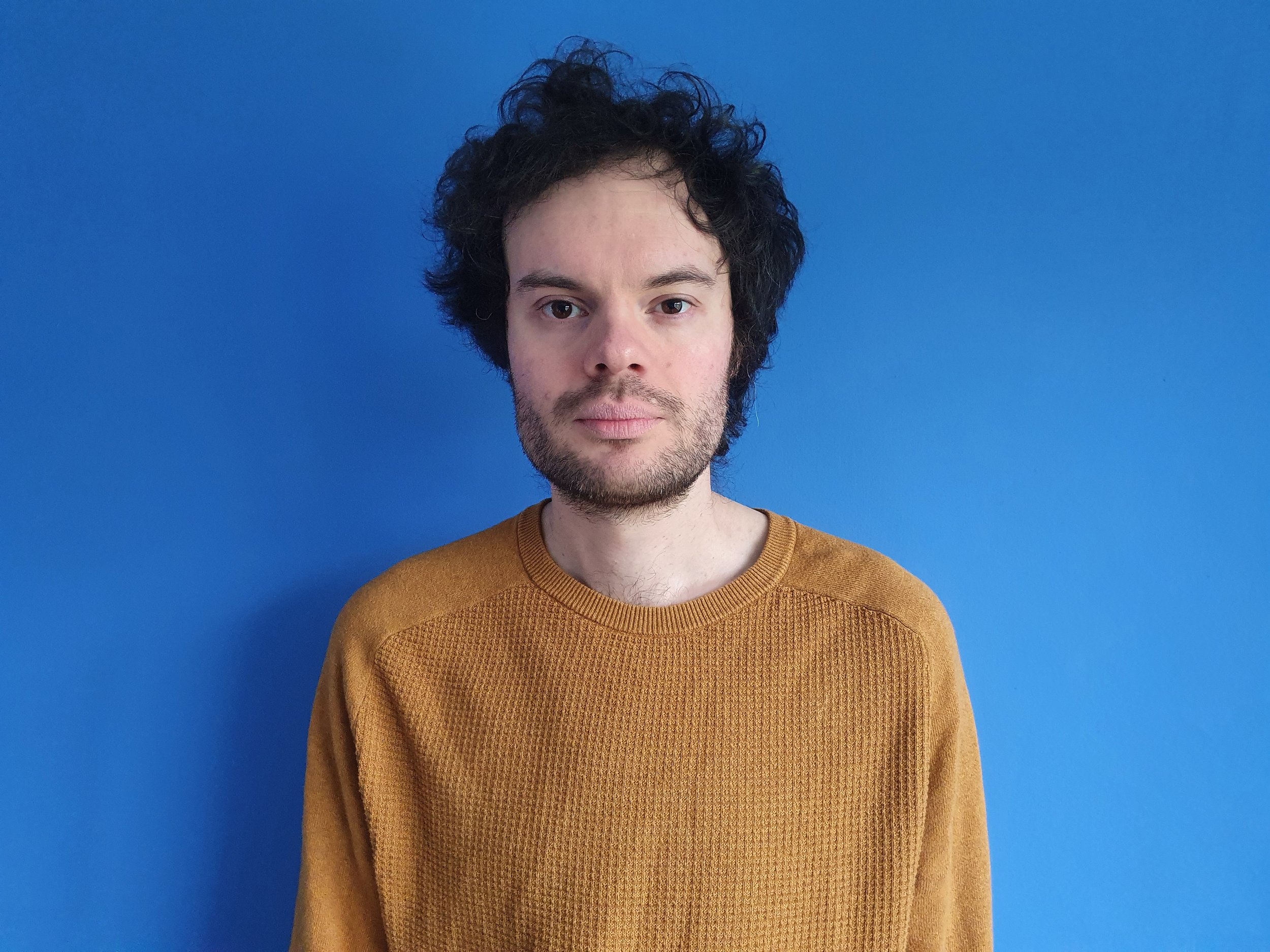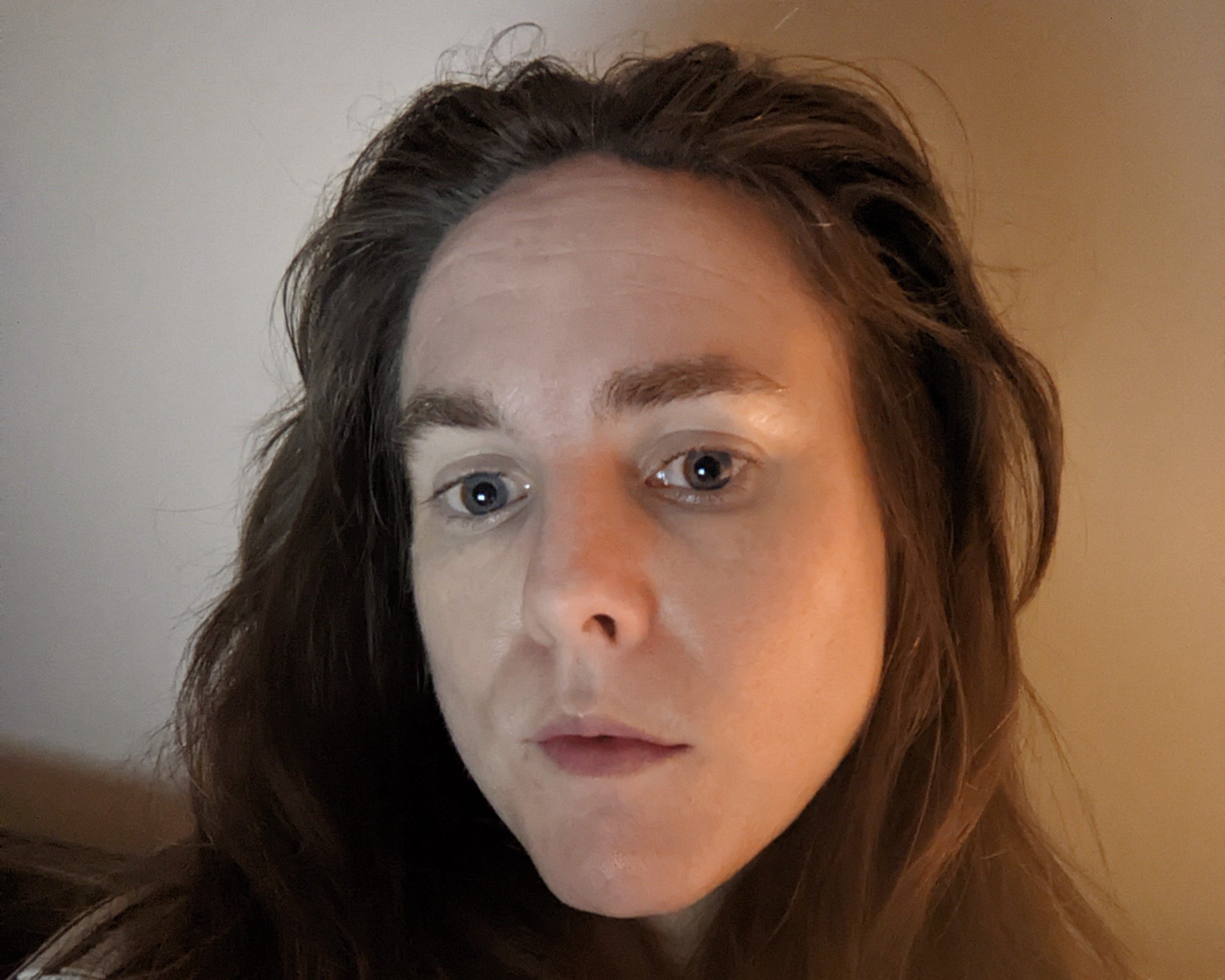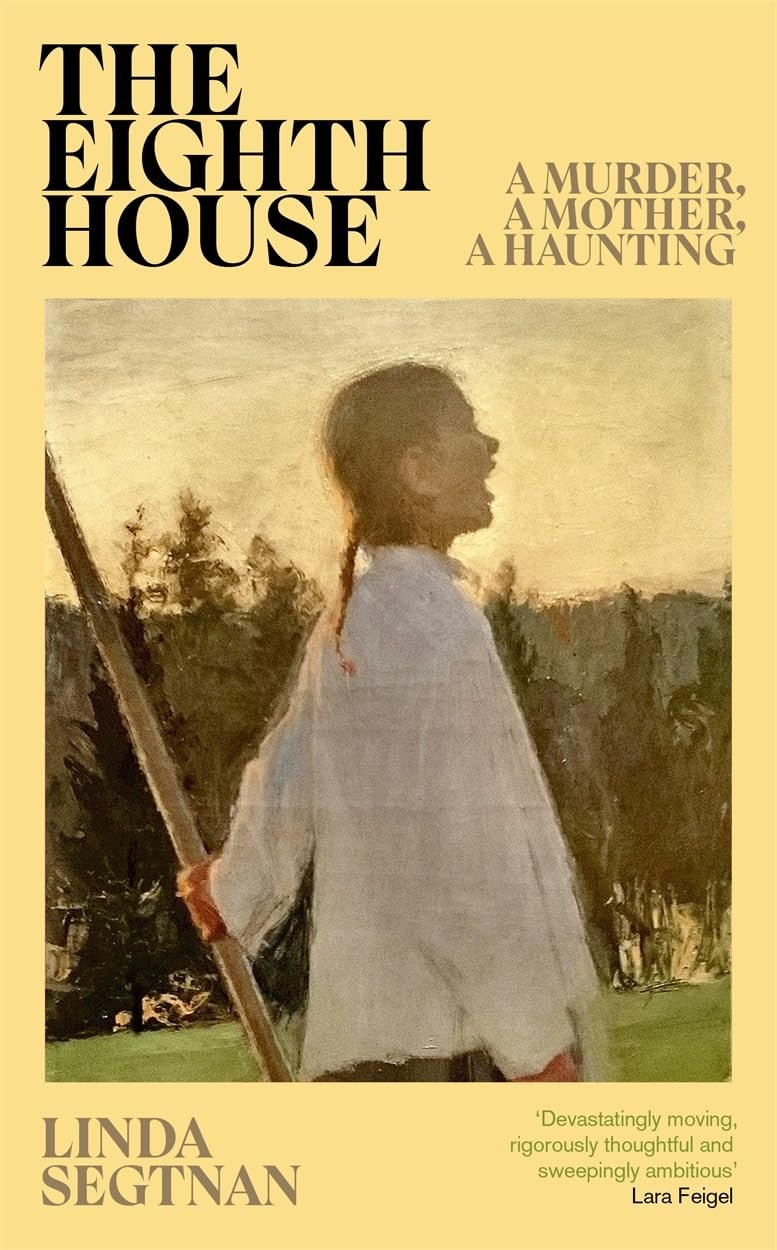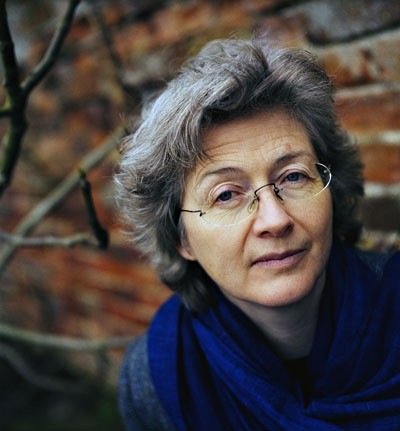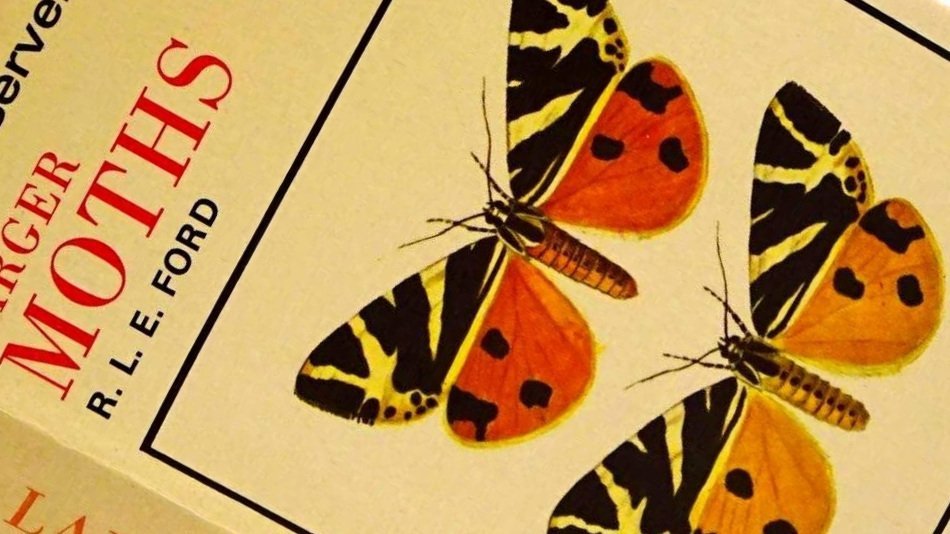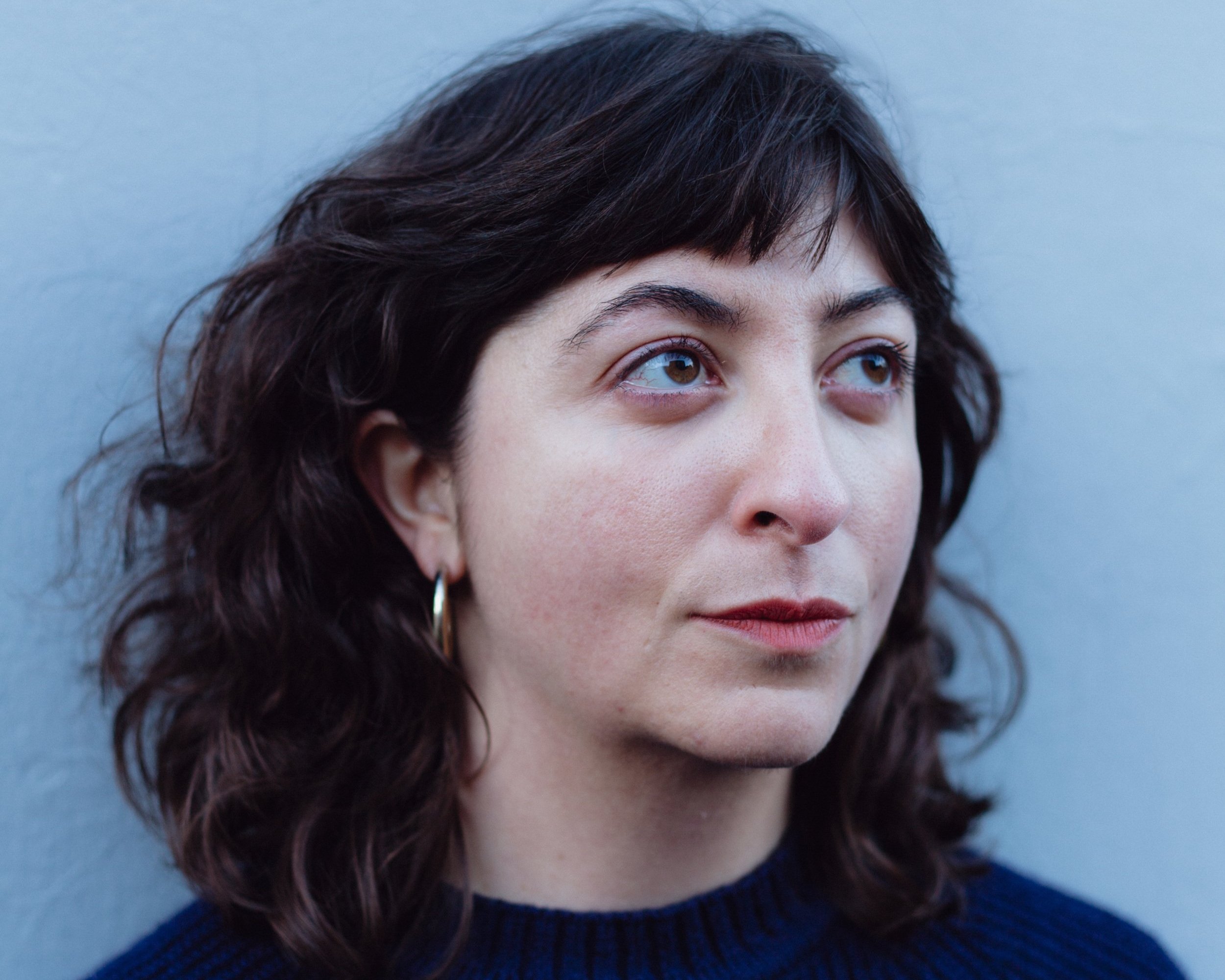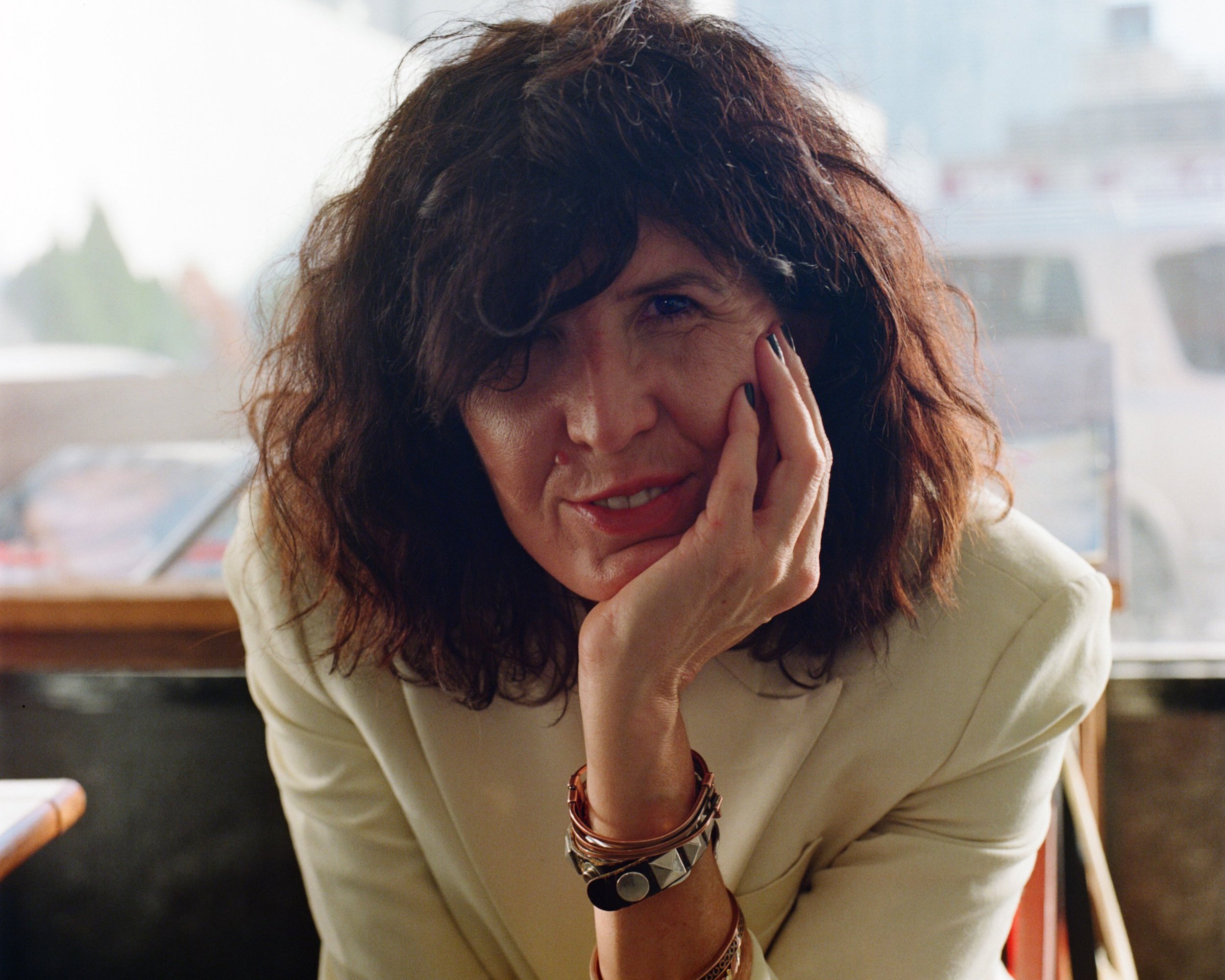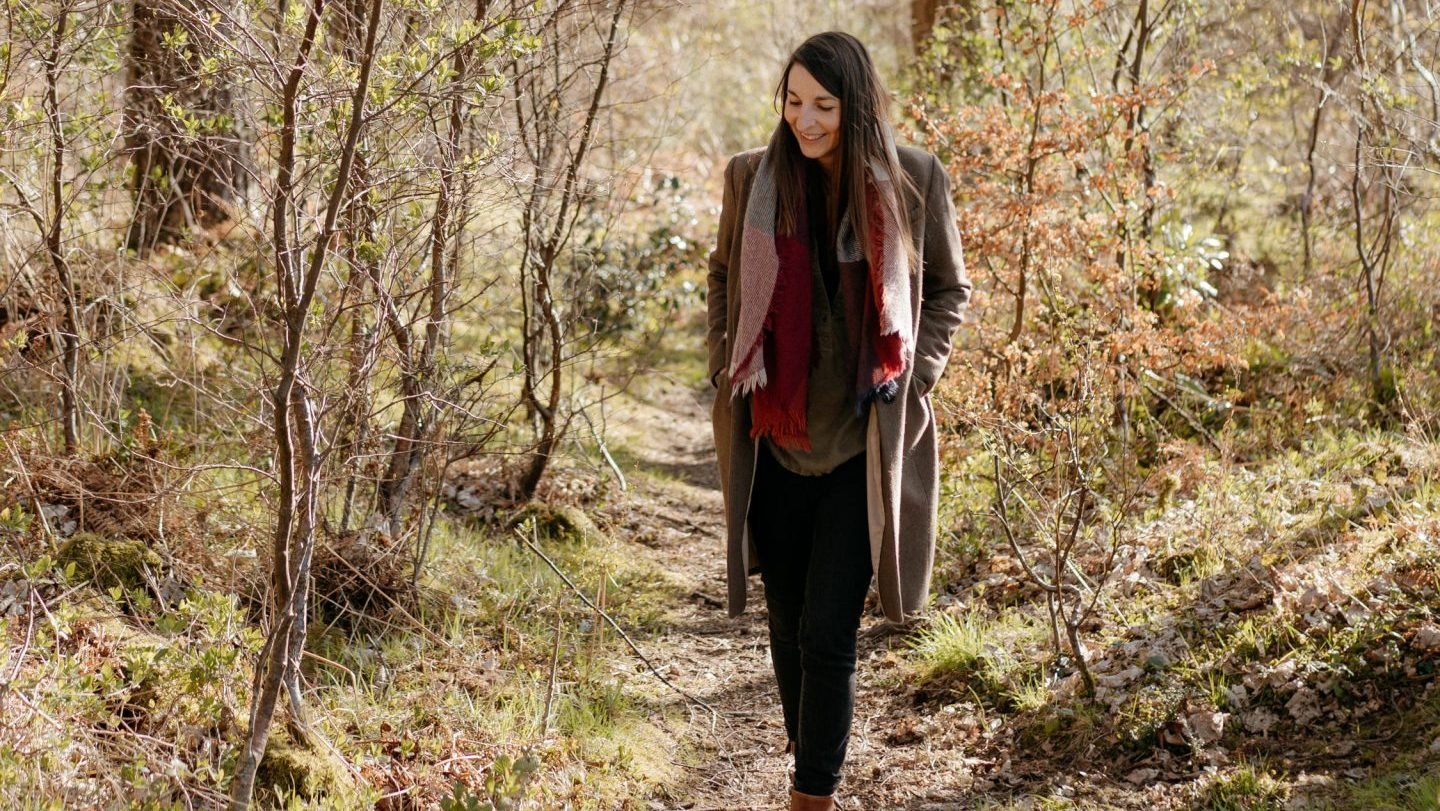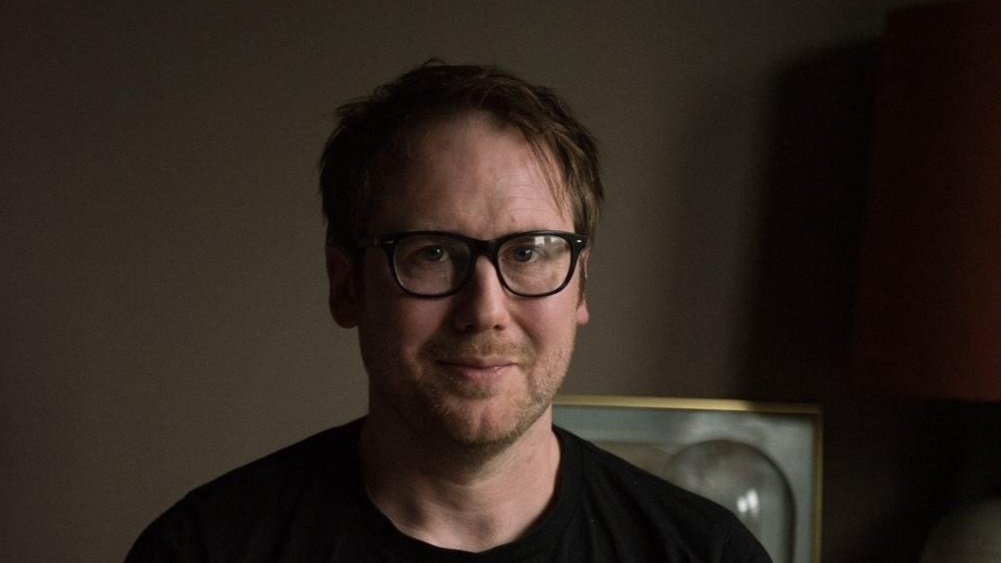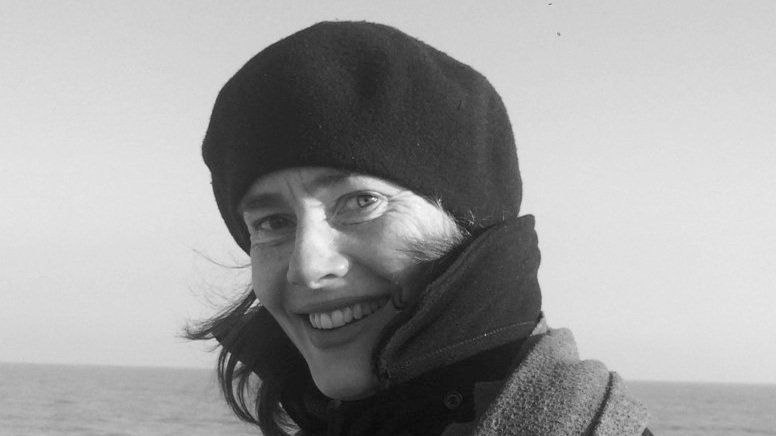Karen Powell’s Shelf Life
‘I need to reach a certain point in a novel’s development where I feel it has acquired the necessary heft, before I can begin to discuss or share it with anyone else. Before that point, everything feels too fragile and tentative to expose to the air.’
FROM THE ARCHIVE September Nice To Meet You by Caragh Medlicott
‘They guard class conversation like black oil Dobermans. The first seminar is a prospectus collage sticky with sun-softened glue resin.’
Catherine Taylor’s Shelf Life
‘Writing my memoir was akin to opening a time capsule, all the work that went into it. It was simultaneously exciting and exhausting.’
Mother Naked by Glen James Brown - exclusive extract
Read the opening chapters of Mother Naked, the long-awaited new novel from Glen James Brown
Rebel Girl: My Life As A Feminist Punk by Kathleen Hanna
‘For those who appreciate not just Hanna’s music but a well-crafted and candid rock biography, Rebel Girl… succeeds as an unremitting testament to trying.’
Helen McClory’s Shelf Life
‘It’s very easy to think that when you stop writing – or are forced to stop writing – that you’ll never write anything worth reading again. It is hard to hold on to self-belief, and feels indulgent too, but if everyone felt like this, about all the art they make, where would we be?’
FROM THE ARCHIVE Four Things You Need To Know About My Brother by Jayson Carcione
‘There are four things you need to know about my brother. Sorry, I know it’s late. You’re tired. The book keeps slipping from your hands.’
The Eighth House: A murder, a mother, a haunting by Linda Segtnan (tr. Elizabeth Clark Wessel)
‘A fascinating dissection of life given and life taken away, the dark intricacies of modern womanhood.’
Pastiche by Brigitte de Valk
‘The blossoms are pale apparitions. They ripple in a breeze. A bucketful of cream has been kicked over their branches. Each petal is the width of a baby’s palm. Clouds scud, smearing the sky. I think of our last meeting. It will be tonight.’
Georgina Harding’s Shelf Life
‘But the writing of the novel comes with an utterly different form of concentration, from the first line. I start at that first line, or perhaps a single image, and head on. Inevitably I will go back and chip away at it, again and again, but that's the foundation stone.’
FROM THE ARCHIVE Plume Redux by Jim Toal
‘As I walk along Bankside on my way to the Tate Modern, on the evening of what is certain— given the prognosis outlined by my oncologist—to be my last private view, I recall how it began one August morning, more than half a lifetime ago’
Tawseef Khan’s Shelf Life
‘“Attend to your sentences,” from the titan that is Leone Ross, whom I consider a lifelong mentor. Every time we speak, she signs off with that instruction, and I think to myself, yes, I can’t do very much about the business-side of writing. The only thing that I can control are my sentences.’
Jen Calleja’s Shelf Life
‘That Vehicle especially has almost sold 2000 copies and has been well received shows that trad publishing has low expectations of both literature and readers.’
The Rebecca Bengal Interview
‘If I’m asked to write a piece about an artist, it’s actually probably less a true profile in the expansive, authoritative sense, but something more compressed: a story focused on them almost as a character — or maybe call it a portrait, an encounter with that artist.’
Rebecca Smith’s Shelf Life
‘I’m not entirely sure what my creative process is yet. I started Rural at University (Masters in Creative Writing) so there were projects and deadlines, which I know I like to work to. I like a structure. So now I’m starting my next book, I’m feeling a little lost. Maybe I’ll need to pretend I’m doing my Masters again.’
Four Inspirations for Push Process by Jonathan Walker
‘Push Process is a work of autofiction. One of the unwritten rules for that mode is it cannot be an exercise in wish fulfilment: the protagonist cannot be more talented, attractive or successful than the author, and indeed, it’s better if they are obviously less so.’
Gregory Norminton’s Shelf Life
‘I’m a gifted procrastinator, which means I have to get my wife to hide my laptop on writing mornings so I don’t fritter them away online. If I’m researching a project, I try to combine reading and note-taking with experimental fragments of narrative: writing dialogue between characters, say, or bits of description.’
Ben Pester’s Shelf Life
‘With books, the risk of rejection is different. If your book is going out, it means your agent was into it. This muffles the pain of the world like a mother's love. Also, I think that commissioning editors for books are making decisions about their own reputation, especially for debut or new-ish writers, when they weigh up your work.’
Joanna Pocock’s Shelf Life
‘My creative process is pretty chaotic. Ideas, words, phrases, bits of dialogue and situations often come to me in my dreams or on walks. When I get an idea, I have to write it down immediately. Or I lose it.’


